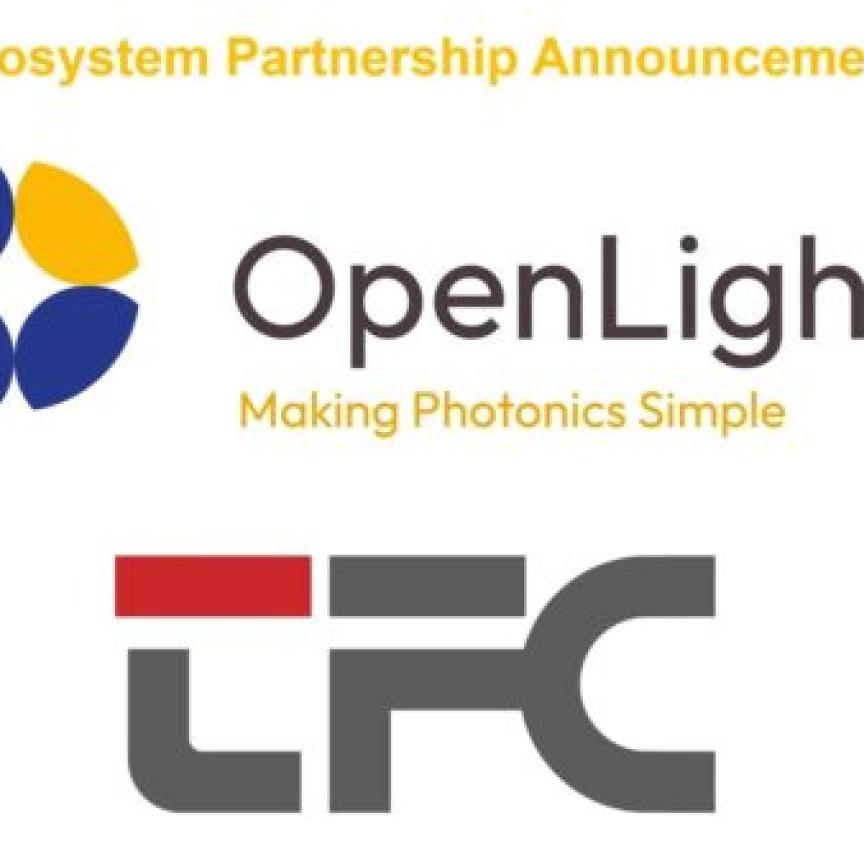Scientists that are prisoners of conscience including a young photonics researcher imprisoned in Iran, were discussed at a SPIE event earlier this month in Barcelona, Spain.
Iranian born Omid Kokabee, a doctoral student at the University of Texas (UT) and member of SPIE, the international society for optics and photonics, is serving a 10-year sentence in Evin Prison in Tehran for communicating with a hostile government and receiving illegal earnings. Kokabee has consistently denied the charges.
According to Nature magazine, after being arrested in February 2011 at Tehran airport he was tried collectively in a courtroom with 10-15 others and in a public letter published from prison, Kokabee said his imprisonment was the result of ‘refusing to cooperate with military projects’. Kokabee had been in Iran to visit his family. A graduate of Sharif University of Technology in Tehran, Kokabee had earned a master's degree in photonics at the Universitat Politècnica de Catalunya before winning a scholarship to UT for his doctorate.
Among other societies, SPIE is helping a UT colleague of Kokabee provide him with research papers so he can continue his work to commercialise a new type of optical switch, from prison. SPIE has also extended Kokabee’s student membership without charge as a show of its ongoing support. Kokabee has also been the subject of two letters to Iran’s rulers urging reconsideration and signed by multiple optics and photonics societies and international organizations as well as support from international groups such as Amnesty International. The letters spelt out the right of individuals to pursue ethical research and that Kokabee’s trial and conviction violated international standards for justice.
At the SPIE event, SPIE Fellow and a past president of the International Commission for Optics, Maria Calvo said that scientists like Kokabee: ‘must not disappear from our minds. Their importance is not only for the scientific community, but for all citizens.’ Calvo works at the Universidad Complutense de Madrid.
The event, Knowledge in jail: Why are there hundreds of scientists in the prisons of the world?, held on 8 July, was organised by the Science and Technology section of the Ateneu Barcelonès in Barcelona. Its speakers included Eugene Chudnovsky of the City University of New York, who suffered at the hands of the Soviet Union’s KGB, and SPIE past President María Yzuel of the Universitat Autònoma de Barcelona. Yzuel spoke of her colleagues that were monitored or controlled by Spain's Francisco Franco dictatorship,which ended in 1975 with the death of Franco.
‘Not all scientists are free to choose the path they want to follow in their research,’ Chudnovsky told the event's audience.

